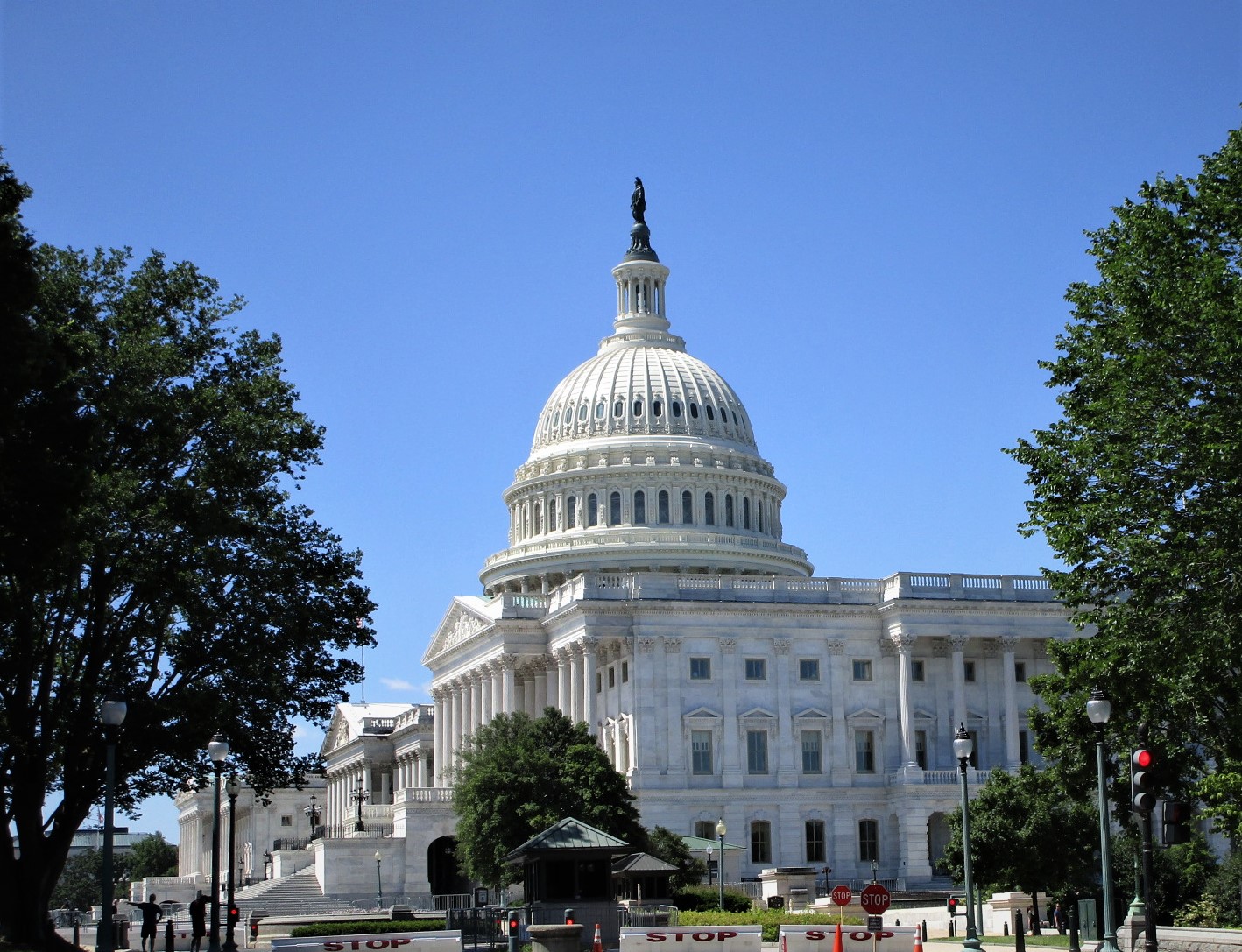NCTA, Others Tell Congress FCC Has 3.45 GHz Auction Wrong
Say current framework favors biggest players, discourages 'robust' participation

The smarter way to stay on top of the multichannel video marketplace. Sign up below.
You are now subscribed
Your newsletter sign-up was successful
In an unusual alliance, cable operators, Google, Public Knowledge and others have told Congress the FCC is taking the wrong approach to the upcoming 3.45 -3.55 GHz (3.45 GHz band) auction, in particular the size of the licenses it plans to auction.
Congress mandated in the Consolidated Appropriations Act that the FCC come up with a system of competitive bidding by year's end for the 100 MHz of spectrum the Defense Department identified.
Also Read: DOD Agrees to Share Midband Spectrum
In a letter to top House and Senate Democrats and Republicans, the groups, which included NCTA-the Internet & Television Association and individual cable/broadband operators, said they were concerned that the large partial economic areas to be licensed, similar to the FCC's C-band auction, as "proposed would not foster the kind of robust participation and innovation that made the CBRS auction a success and could also result in tepid investment and build out in rural areas where Americans need broadband more than ever before."
They point out that the rules the FCC adopted for the CBRS band auction, including the license size, drew a record 271 qualified bidders, 228 of which won licenses in the auction, including "regional carriers, wireless internet service providers, cable companies, manufacturers of agricultural equipment, universities, real estate firms, energy companies, electric utilities, tribes, and others... By comparison, in the recent C-band auction, only 57 applicants qualified to bid and only 21 bidders were successful," with only three bidders--Verizon, AT&T, T-Mobile--winning the vast majority of licenses.
They asked the legislators to "urge" the Commission to, instead, "follow proven aspects of the successful CBRS framework for the 3.45 GHz band," which they said would encourage robust participation.
They did not elaborate, but in the CBRS auction, the FCC decided on county-sized licenses, a compromise between the smaller census tracts and the larger partial economic areas (PAL) licenses.
The smarter way to stay on top of the multichannel video marketplace. Sign up below.
Smaller licenses mean lower prices and a larger pool of bidders that can afford them. For example, the bidders getting the most licenses in the CBRS auction were Wetterhorn Wireless with 5,492, followed by SAL Spectrum with 1,569. In the C-band auction, the top license winners were Verizon with 3,511 licenses, followed by AT&T with 1,621 licenses.
The groups also said the $13.4 billion estimated cost of clearing the spectrum would mean the reserve price would have to be almost $15 billion, "likely putting licenses out of reach for all but the three largest nationwide wireless operators."
Congress has set a December 2021 deadline for auctioning the 3.45 GHz band. The FCC is planning to start the auction in October.
Contributing editor John Eggerton has been an editor and/or writer on media regulation, legislation and policy for over four decades, including covering the FCC, FTC, Congress, the major media trade associations, and the federal courts. In addition to Multichannel News and Broadcasting + Cable, his work has appeared in Radio World, TV Technology, TV Fax, This Week in Consumer Electronics, Variety and the Encyclopedia Britannica.

